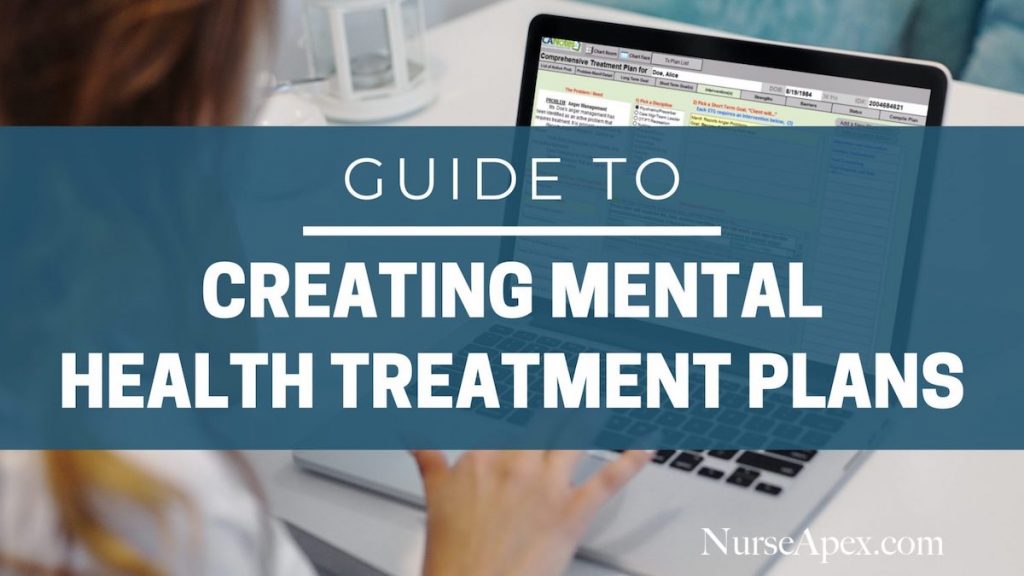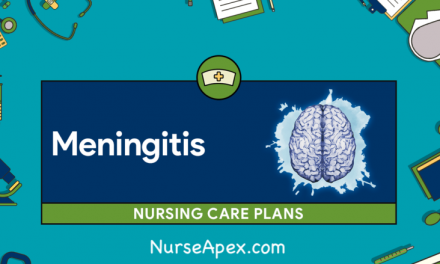
Reviewing a mental health care plan regularly
A review of a mental health care plan is an important step in a person’s treatment. It is a process in which a care team meets to consider the person’s situation and determine the best ways to meet those needs. These meetings should be brief, but should include key elements that may have changed since the last review. For example, the care team may want to consider ways to improve the quality of care, or adjust treatment to accommodate a person’s changing needs.
The method of review should be agreed with the person who is receiving the care plan. During a review, the adult with the care plan, the person’s carer, and others requested by the adult should be involved. The local authority should also ensure that those involved are involved. The local authority may also appoint an independent advocate for a person who is not fully capable of making decisions for themselves. If necessary, a social worker may be designated as the lead professional.
The process of reviewing a mental health care plan is tricky because it subjects complex human processes to simple frameworks. A person with a mental health condition is experiencing a wide range of thoughts and emotions, and their medication effects change constantly. Because these factors fluctuate frequently, care plans need to be reviewed six to a year. The more frequent these reviews occur, the more effective the care plan is. And the more accurate it is, the better the service user will be served by it.
Developing a recovery-orientated care plan
Recovery-orientated care planning for mental health and psychiatric disorders focuses on the person and their ability to reach goals and regain control of their lives. This approach is particularly useful for individuals who have experienced severe mental illness. It encourages individuals to map their processes, set goals, and recognize obstacles. In addition, the recovery model also emphasizes the importance of therapeutic relationships.
The authors identify common themes among service users and nurses when considering recovery-orientated care. The authors discuss ways to improve recovery-oriented practice and consider the perspective of service users in the mental health care setting. Recovery orientation has become a major focus in mental health care, and is increasingly integrated into policies and practices throughout the world. Nurses and mental health professionals need to promote recovery-orientated care and encourage individualised care planning.
The ACA, which requires medical professionals to follow the principles of the recovery movement, will not alone move mental health care in a recovery-oriented direction. A generation-long shift in attitudes is required to change the system. As the next generation of youth is diagnosed with mental illnesses, many conventions will no longer be relevant. The recovery-orientation movement will also require new generational attitudes to change.
Getting involved with service users in planning
Getting involved with service users in mental health care planning is an important step for improving the services offered to people with mental illness. This activity is not just a politically-mandated ‘good thing’; it also has practical, ethical, and social benefits. The following paragraphs highlight some of the main reasons why getting involved with service users in care planning is essential. These include: [a]
– Professionals’ capacity to participate in the process varies, which makes it crucial to be flexible in response to service user needs. Effective involvement involves having self-confidence and independent advocacy. This requires genuine listening skills. Involving service users in planning must be a proactive process by professionals. Here are some tips for fostering service user involvement. If you’re interested in fostering a meaningful relationship with service users, take their feedback seriously.
– Understanding the context of service user and carer involvement is essential. Involvement with service users and carers in planning is more effective when it involves a collaborative working relationship. When this relationship is built, service users and carers are empowered to tailor physical health elements of their care plan to their needs. Involvement with service users and their carers is vital for creating tailored plans and promoting integrated care.




